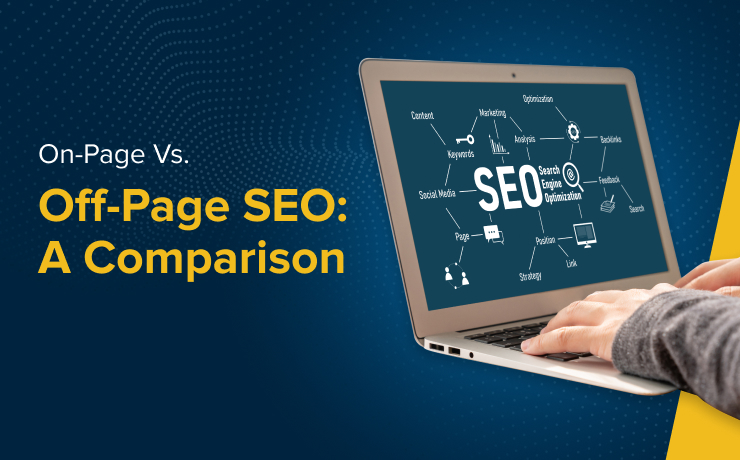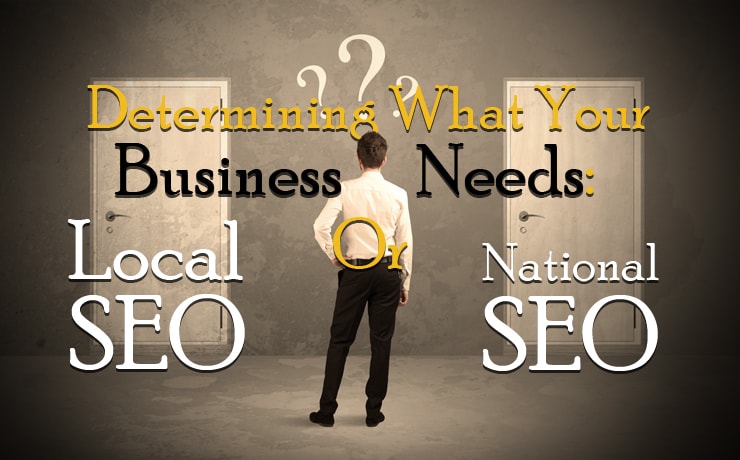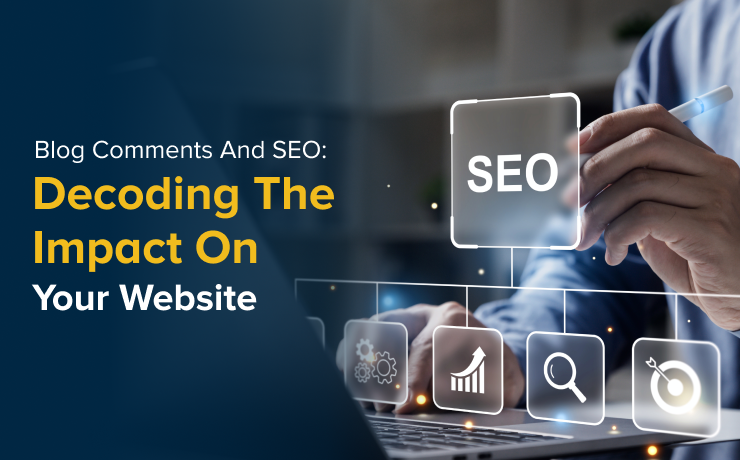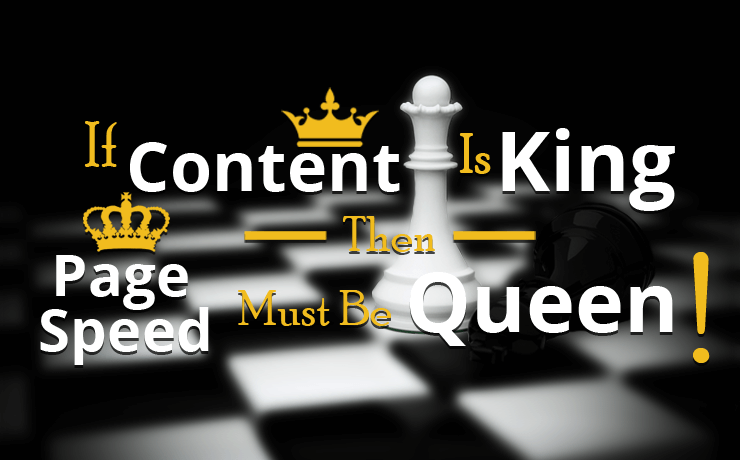
When it comes to search engine optimization (SEO), understanding the distinct roles of on-page and off-page SEO is crucial for any digital marketer or website owner aiming to improve their site’s ranking. Both are fundamental components of a successful SEO strategy, yet they focus on different elements vital to your website’s performance in search engines. In this article, we will reveal the key differences between on-page vs. off-page SEO marketing, empowering you with expert insights to enhance your website’s performance.
What is On-Page SEO?
On-page SEO refers to the strategies applied directly within your website to influence its position in the search rankings. This includes optimizing the content and the HTML source code of a page. Key aspects of on-page SEO include:
- Content Quality: Ensuring that the content is high-quality, relevant, and provides value to your audience.
- Keywords: Integrating relevant keywords naturally into your content, titles, and descriptions to improve your site’s searchability.
- Meta Tags: Crafting descriptive titles and meta descriptions that include target keywords and encourage clicks from search engine results pages.
- URL Structure: Using SEO-friendly URLs that are concise and include keywords.
- Alt Text for Images: Ensuring all images on the site use alt text that describes the image content, helping search engines understand and rank your content better.
- Site Speed: Enhancing how quickly your site loads to reduce bounce rates and increase user satisfaction.
- Mobile Responsiveness: Ensuring your site is optimized for mobile devices to cater to the increasing number of mobile users.
What is Off-Page SEO?
Off-page SEO involves external optimization practices that occur away from your site rather than on it. This type of SEO focuses on increasing the authority of your domain through the act of getting links from other websites. Here’s what off-page SEO typically involves:
- Backlinks: The cornerstone of off-page SEO, backlinks from credible sites not only drive traffic but also enhance your site’s credibility and search ranking.
- Social Media Marketing: Using social platforms to influence your site’s visibility and interactions, which indirectly impacts SEO.
- Guest Blogging: Writing content for other reputable websites can lead to valuable backlinks and increased exposure.
- Brand Mentions: Both linked and unlinked mentions of your brand can bolster your site’s prominence and authority.
- Influencer Outreach: Partnering with influencers to create content that links back to your site can help reach a broader audience.
On-Page vs. Off-Page SEO: Comparison and Integration
While on-page SEO deals with the aspects of your website that you can control, off-page SEO involves external factors that reflect the reputation and authority of your website. Both are essential and neglecting either can hinder your SEO strategy.
On-page SEO lays the groundwork for your site to be discoverable in search engines. Off-page SEO builds its reputation and authority through external feedback and links which are crucial for search engines in validating the quality and relevance of your site to searchers.
Integrating both on-page and off-page SEO strategies is vital for a holistic SEO plan. By ensuring your on-site content is optimized and engaging while also fostering strong external links and social signals, you can boost your site’s visibility and ranking in search engine results.
If you’re seeking to boost your website’s SEO with professional help, SmartSites is your go-to solution. We specialize in delivering effective and comprehensive SEO marketing services to help your business shine in the digital arena. Visit us to discover how our digital marketing services can elevate your online presence and help you achieve your marketing goals.
 Free
Consultation
Free
Consultation Free
Google Ads Audit
Free
Google Ads Audit








